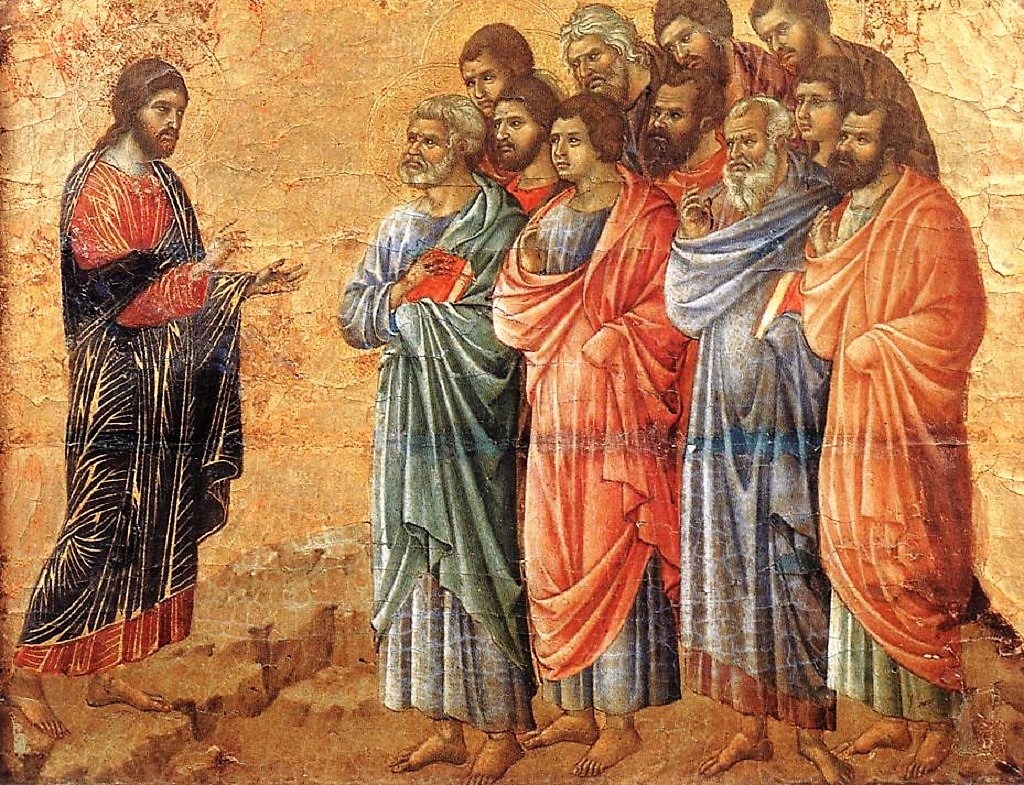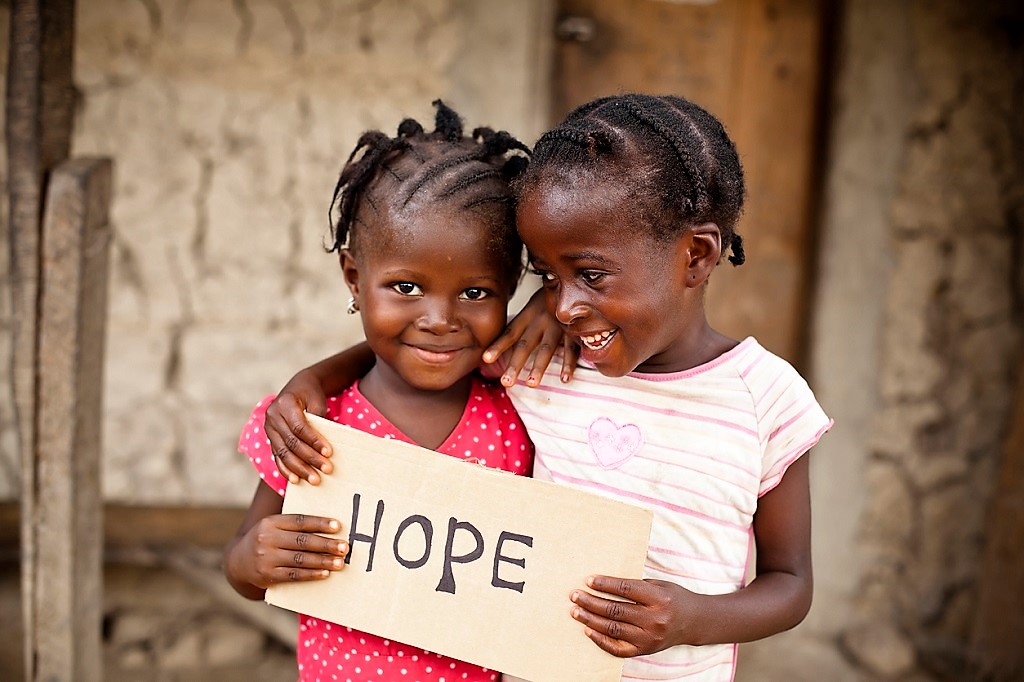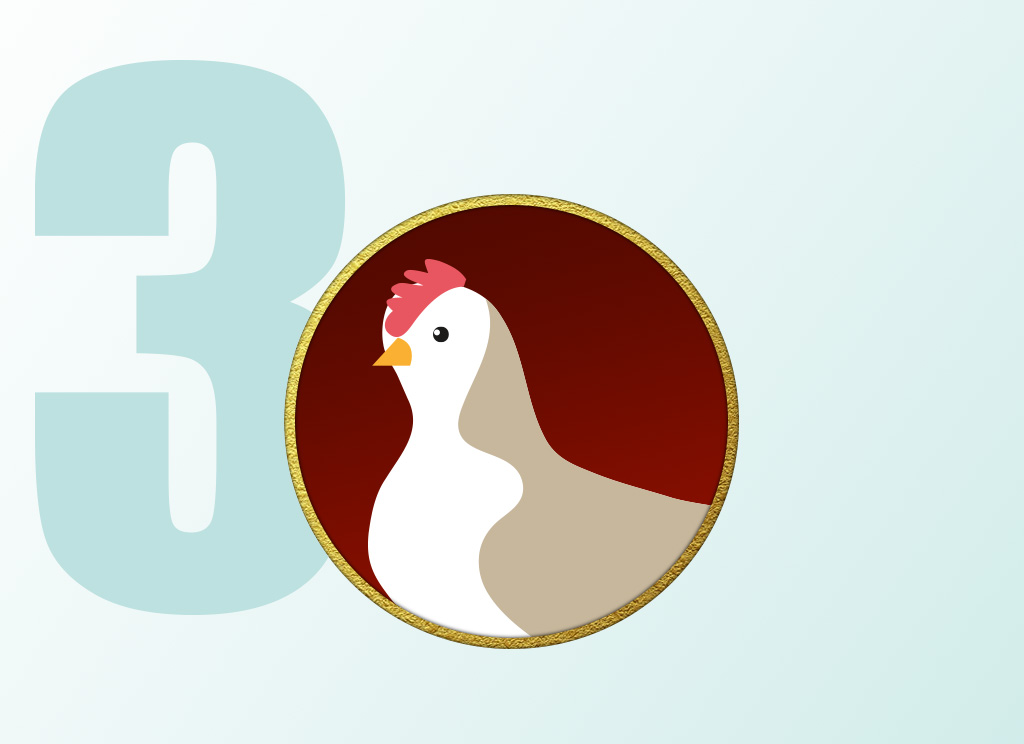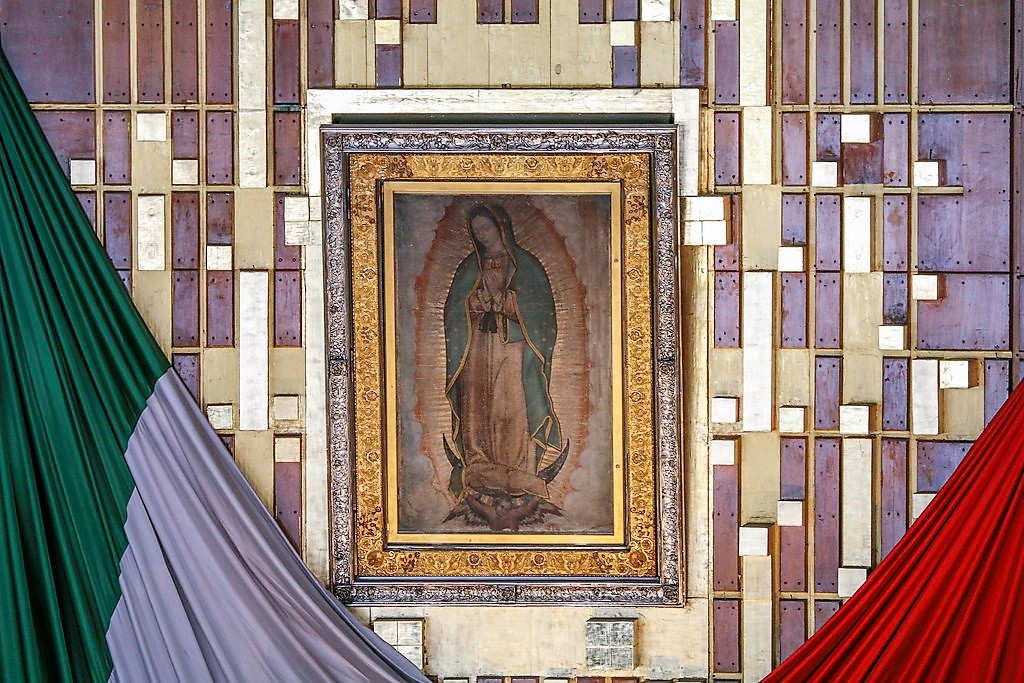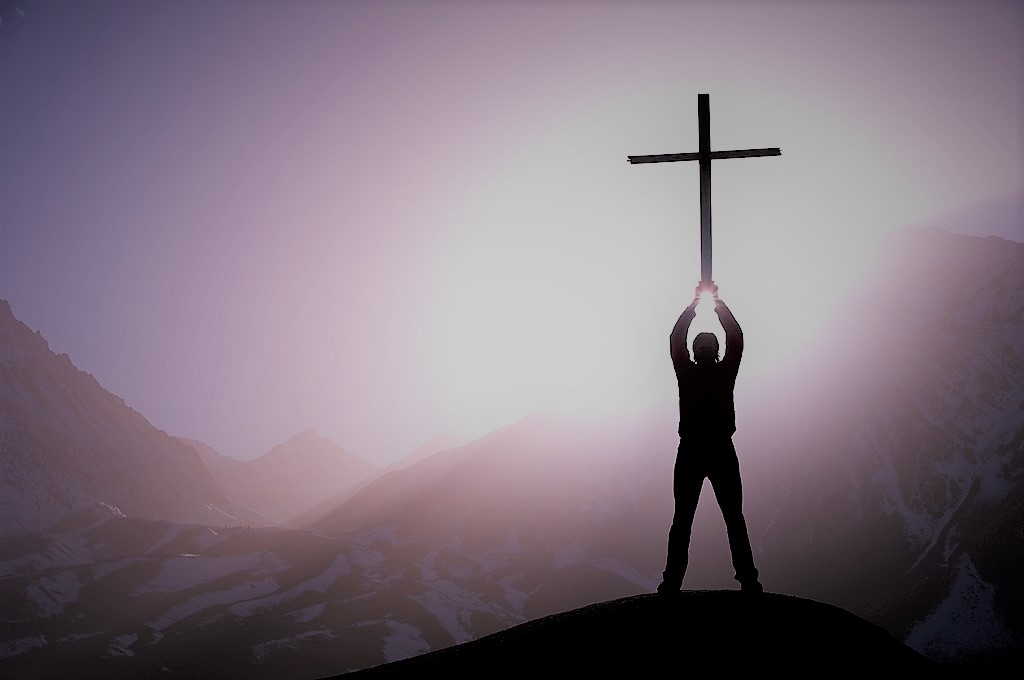Sister Wendy Beckett is a Catholic hermit who lives in England. She also had a long-running BBC television show on art, that drew a large and delighted audience. Since today is Ascension Thursday (and still a holy day of obligation in parts of the world), I thought we could listen to Sister Wendy’s thoughts on Duccio’s Appearance on the Mountain in Galilee, the painting that accompanies this blog post.
[The painting] shows Jesus before he makes any movement upward. He is speaking with that unearthly authority that so riveted all who heard him. It is their word that will convert the waiting nations. Is it they, up to now only followers, listeners to Jesus, who are now to take the pulpit and teach others, baptize others, do for them what Jesus has done in their own lives…
Jesus has longed for this day…[there] is the quiet statement, made in prayer to the Father, “I am coming to you.” Coming to the Father has been the driving force of Jesus’ life. That is where he is at home, that is where he belongs.
Those words give us pause. Of course Jesus must have been, in essence, homesick. How weary He must have been of His mortal body, a body that was fully divine, but also fully human. Even more, He was separated for so long from His Father, a Father with whom He is joined in an unimaginable way. Indeed: He wanted to go home!
Now, the Apostles must have left that mountain downcast. Their Lord and Master, who miraculously rose from the dead, was now gone … and not returning. Yes, He promised to send His Spirit upon them, but they must have felt great loss.
However, underneath that very understandable human grief, there was something else: joy.
Yes, joy. Why? Because Christ’s Ascension solidified their belief that Heaven awaited them as well.
In a sermon to commemorate today’s solemnity St. Leo the Great said: “Today we are not only made possessors of Paradise but with Christ we have ascended, mystically but also really, to the highest Heavens and have won through Christ a grace more wonderful than the one we had lost.”
The Ascension strengthens and nourishes our hope of attaining Heaven. It invites us always to lift up our heart, as the preface of the Mass says, and seek the things that are above. Our hope is very great because Christ himself has gone to prepare a dwelling place for us.
Most of us know what it is like to say a final good-bye to someone we love. Our grief can be overwhelming! But when we are assured that our loved one died a holy death, there is also joy. We trust God’s mercy and love; we pray that our loved one is now home with God, free from the pain of this mortal life.
It is hard to imagine the Ascension. It stretches the limits of our imagination as to how Jesus rose from the grass and rocks of that mountain top, enveloped in a cloud that melted into a vast sky. What is not hard to imagine is how the Apostles left that mountain: saddened, but filled with hope and joy. Their Lord, whom they loved, was now home where He belonged, and that home awaited them as well.
Gladden us with holy joys, almighty God,
and make us rejoice with devout thanksgiving,
for the Ascension of Christ your Son
is our exaltation,
and, where the Head has gone before in glory,
the Body is called to follow in hope.
Through our Lord Jesus Christ, your Son,
who lives and reigns with you in the unity of the Holy Spirit,
one God, for ever and ever. Amen.
